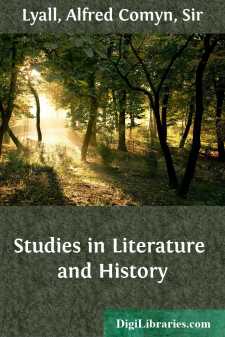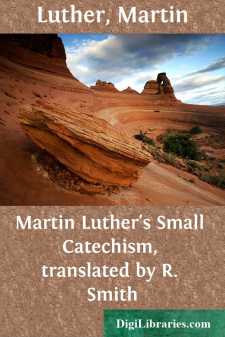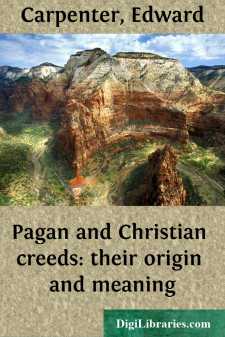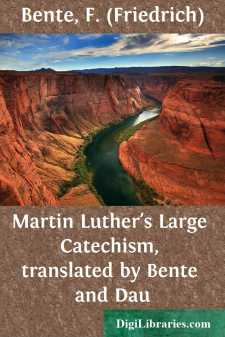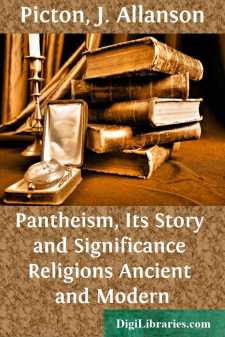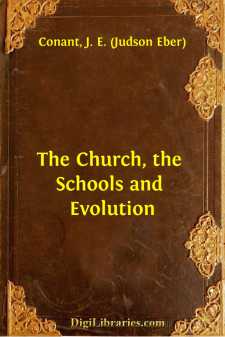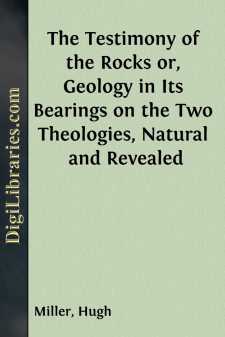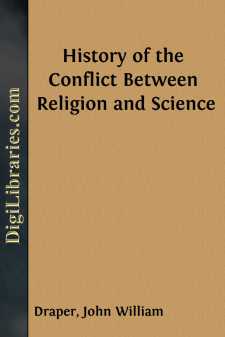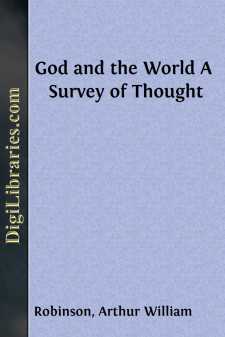Religion
- Agnosticism 2
- Antiquities & Archaeology 21
- Atheism 12
- Biblical Criticism & Interpretation 15
- Biblical Meditations 3
- Biblical Reference 1
- Biblical Studies 11
- Buddhism 8
- Christian Church 52
- Christian Education 5
- Christian Life 26
- Christianity 60
- Cults 2
- Devotional 6
- Eastern 2
- Education 4
- Eschatology 1
- Ethics 3
- General 60
- Gnosticism 1
- Hinduism 15
- History 28
- Holidays 10
- Inspirational 1
- Islam 8
- Judaism 3
- Leadership 1
- Meditations 3
- Monasticism 1
- Mysticism 11
- Philosophy 4
- Prayer 26
- Prayerbooks 5
- Religion & Science 12
- Sermons 54
- Spirituality 53
- Theism 2
- Theology 17
- Theosophy 15
Religion Books
Sort by:
INTRODUCTION "If thou hast the right, O Erin,to a champion of battle to aid theethou hast the head of a hundredthousand, Declan of Ardmore"(Martyrology of Oengus). Five miles or less to the east of Youghal Harbour, on the southern Irish coast, a short, rocky and rather elevated promontory juts, with a south-easterly trend, into the ocean [about 51 deg. 57 min. N / 7 deg. 43 min. W]. Maps and...
more...
PREFACE In the Second Series of his Asiatic Studies the late Sir Alfred Lyall republished a number of articles that he had contributed to various Reviews up to the year 1894. After that date he wrote frequently, especially for the Edinburgh Review, and he left amongst his papers a note naming a number of articles from which he considered that a selection might be made for publication. The present...
more...
by:
Martin Luther
I. The Ten CommandmentsThe Simple Way a Father Should Present Them to His Household The First Commandment You must not have other gods. (Exodus 20:3) What does this mean? We must fear, love, and trust God more than anything else. The Second Commandment You must not misuse your God's name. (Exodus 20:7) What does this mean? We must fear and love God, so that we will not use His name to curse,...
more...
by:
Edward Carpenter
I. INTRODUCTORY The subject of Religious Origins is a fascinating one, as the great multitude of books upon it, published in late years, tends to show. Indeed the great difficulty to-day in dealing with the subject, lies in the very mass of the material to hand—and that not only on account of the labor involved in sorting the material, but because the abundance itself of facts opens up temptation to...
more...
The Sixth Petition. And lead us not into temptation. We have now heard enough what toil and labor is required to retain all that for which we pray, and to persevere therein, which, however, is not achieved without infirmities and stumbling. Besides, although we have received forgiveness and a good conscience and are entirely acquitted, yet is our life of such a nature that one stands to-day and...
more...
CHAPTER I PRE-CHRISTIAN PANTHEISMIts Origins Doubtful and Unimportant. It has been the customary and perhaps inevitable method of writers on Pantheism to trace its main idea back to the dreams of Vedic poets, the musings of Egyptian priests, and the speculations of the Greeks. But though it is undeniable that the divine unity of all Being was an almost necessary issue of earliest human thought upon the...
more...
FOREWORD The following pages have grown out of a paper, following the same outline more briefly, which was read before the Pastors’ Conference of the San Juaquin Valley Baptist Association, the largest association in the Northern California Baptist Convention. At the close of the reading a request for its publication was enthusiastically and unanimously voted. The author has since divided the paper...
more...
by:
Hugh Miller
My Dear Sir, This volume is chiefly taken up in answering, to the best of its author's knowledge and ability, the various questions which the old theology of Scotland has been asking for the last few years of the newest of the sciences. Will you pardon me the liberty I take in dedicating it to you? In compliance with the peculiar demand of the time, that what a man knows of science or of art he...
more...
CHAPTER I. THE ORIGIN OF SCIENCE. Religious condition of the Greeks in the fourth centurybefore Christ.—Their invasion of the Persian Empire bringsthem in contact with new aspects of Nature, and familiarizesthem with new religious systems.—The military,engineering, and scientific activity, stimulated by theMacedonian campaigns, leads to the establishment inAlexandria of an institute, the Museum,...
more...
INTRODUCTION A man, so it has been said, is distinguished from the creatures beneath him by his power to ask a question. To which we may add that one man is distinguished from another by the kind of question that he asks. A man is to be measured by the size of his question. Small men ask small questions: of here and now; of to-day and to-morrow and the next day; of how they may quickest fill their...
more...



